Description
Nothing compares to a wonderful Geisha Natural. The fruit and floral, overly sweet tones with hints of tea like attributes is unmatched by any other coffee. This farm is owned and operated by Casa Ruiz, which is a dominating force in Panama coffee. Originally started by Keith’s grandpa, strange enough though, the Ruiz family now has a minority holding in Casa Ruiz but is still definitely part of it.
Tasting Notes: Best at a light to medium roast. High acidity and very fruity with a ton of candied lemony floral right upfront. The more citric floral notes quickly fade into a very fruit forward cup of coffee which pulls some balance with hints of jasmine and bergamot, which the Geisha strain is known for. A wonderful example and very easy to tell upon first sip that you have something special. The aromatics will sell the cup as well, not much else like it besides a stellar Ethiopian, but even most of those this season will not compare.
Roasting Notes: Medium to high chaff, darkens up a bit quickly so make sure you see the expansion in size if shooting for lighter roasts. A little two toned in its roasting but still a lovely bean and screen. At the lighter roasts, setup time is important, too soon and it will come off a bit sour hiding all the small exotic notes that make this cup shine. Hard to wait but we would say put this one aside after roasting for at least 2-3 days and some may want to wait 5-7 to really see the depth of flavors.
La Berlina Estate is located in a little corner of the Boquete district of Chiriquí province called Horqueta. It borders La Amistad International Park that crosses the border into Costa Rica. La Berlina was founded in the earliest years of the 20th century by a Colombian soldier named Segundo Diaz who, finding himself out of work in the wake of a successful Panamanian bid for independence and in love with a local woman, settled in Boquete.
The Diaz family found enough coffee trees growing wild in the mountains surrounding Boquete to establish an 80 acre estate that transformed the stray coffee into a fully functioning farm. A generation later, the Diaz children were forced to sell the estate, which eventually ended up attracting the attention of Plinio Ruiz who knew the farm’s reputation from the 1920s and 30s. Plinio’s family company, Casa Ruiz, acquired the estate and began the work of returning it to its former glory.
The Ruiz family have their own coffee history in Panama: the original coffee, flower, and vegetable farm was destroyed by flooding in Boquete in 1970, and the family business was redirected towards roasting and exporting. However, opportunities for farm ownership starting in the late 1970s were too good to pass up, and the Ruiz family reinvested in land, eventually evolving into a successful regional brand that includes roasted coffee sold to the consumer market in Panama.
The Ruiz family are among the founding donors of the Ngäbere literacy program, named for the indigenous population Guaymi, who call themselves the Ngäbe. Many of their population work on the estate during the harvest, and in some instances this may constitute their only source of income. The literacy program aims to preserve the Ngäbere culture by encouraging transliteration from spoken word to written in their native tongue.
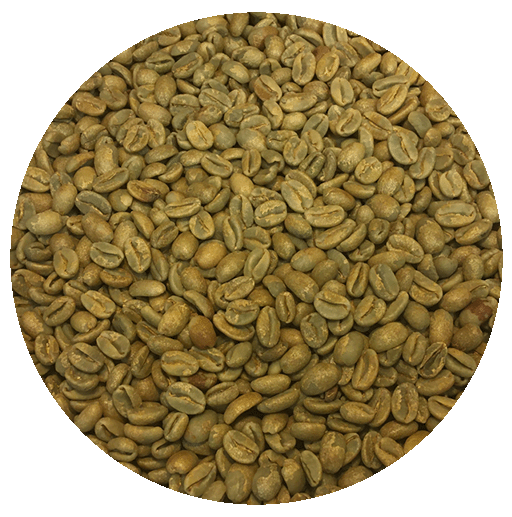
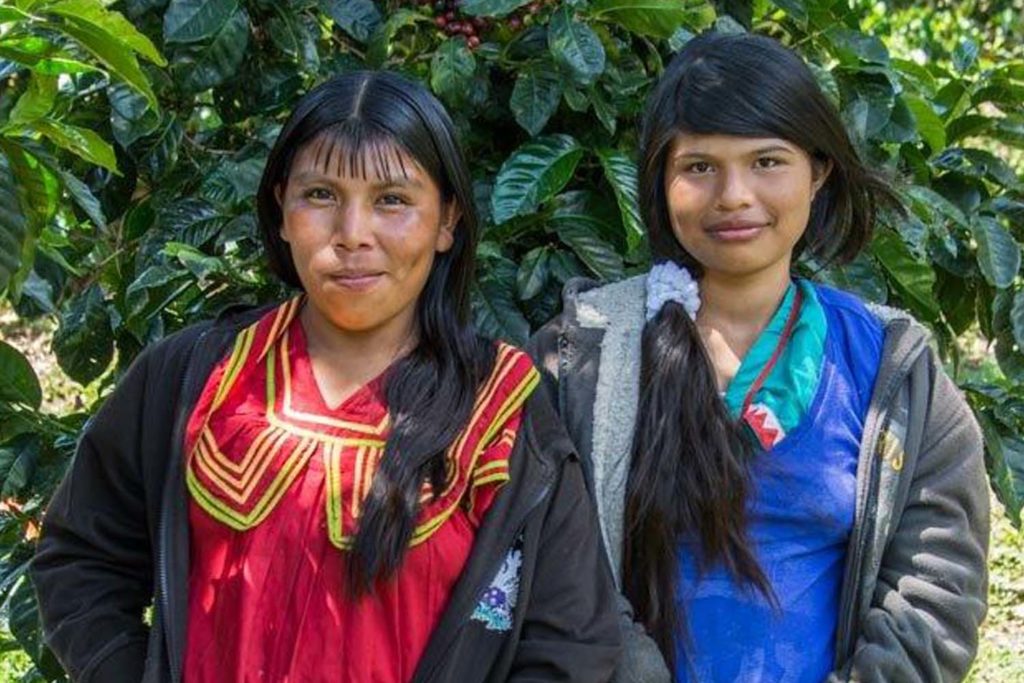
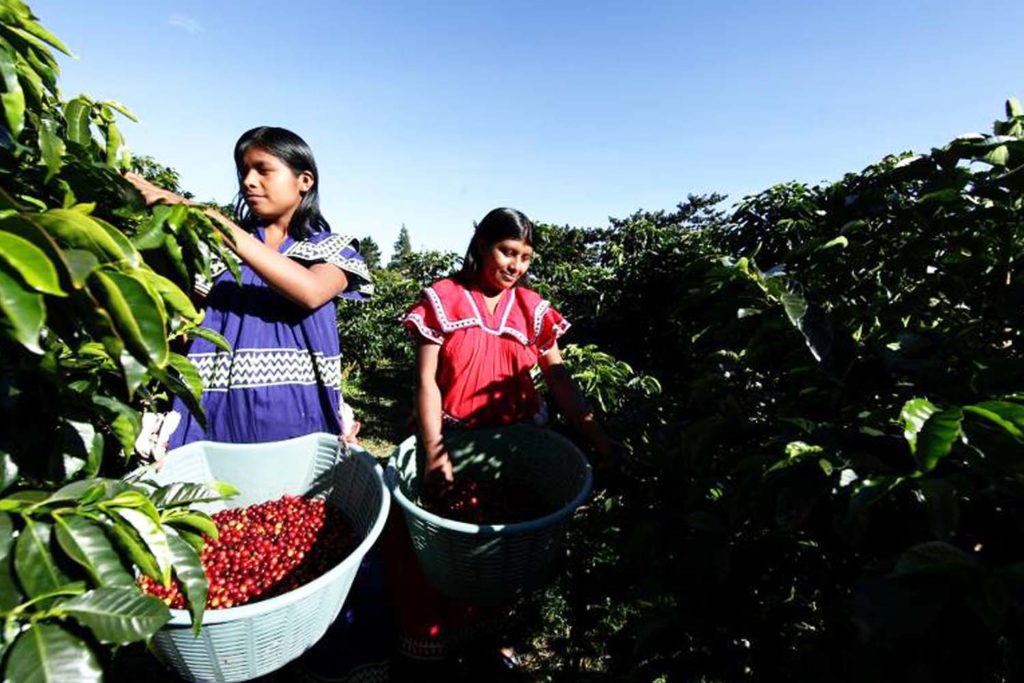
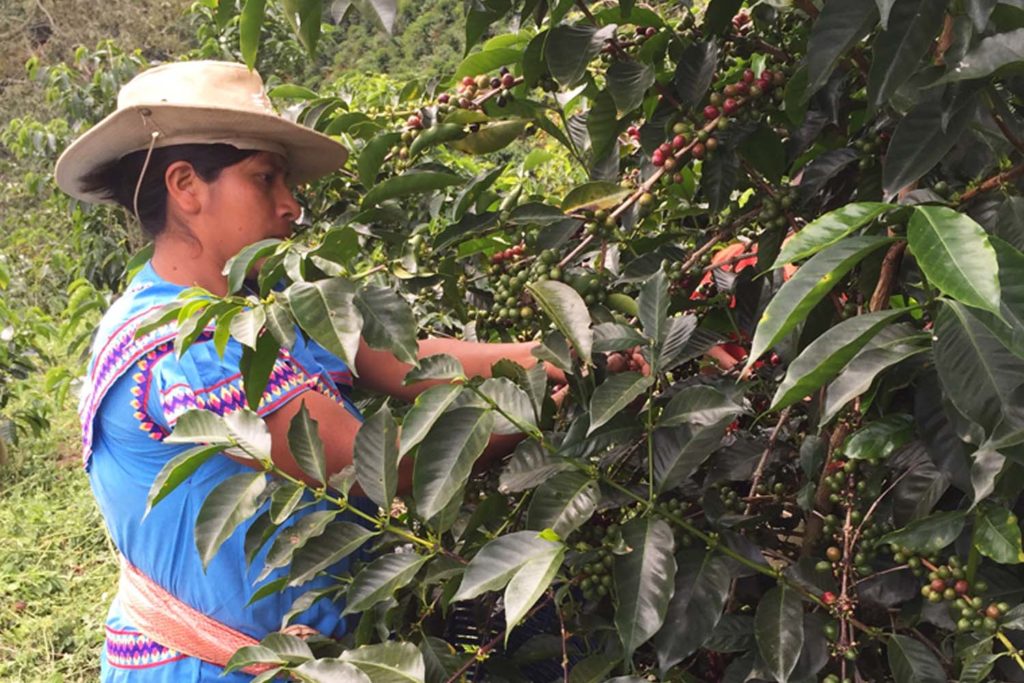
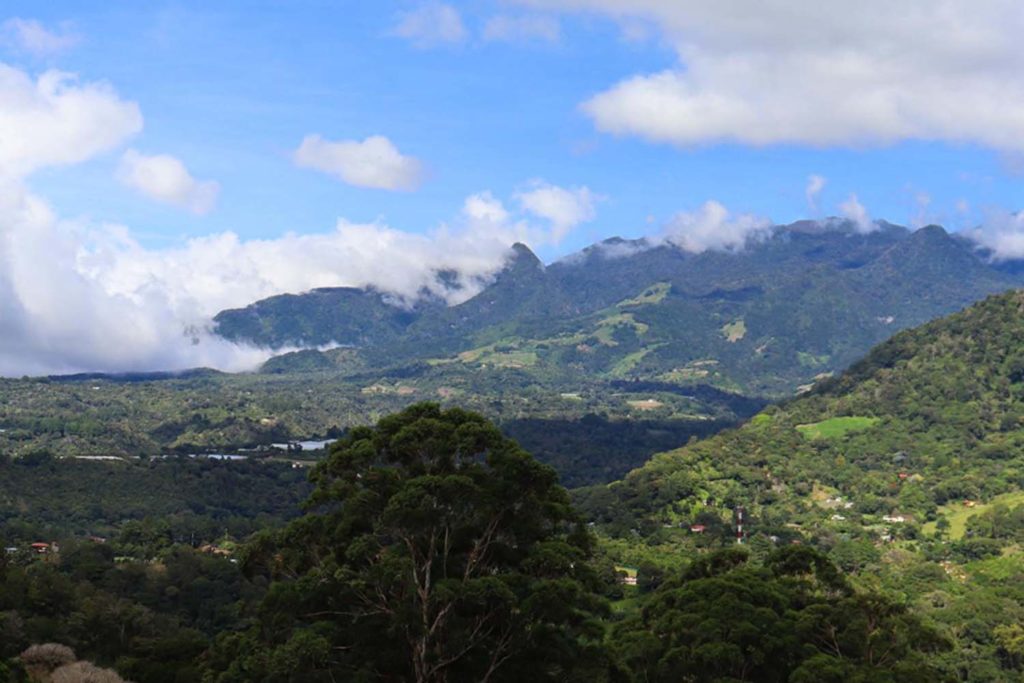
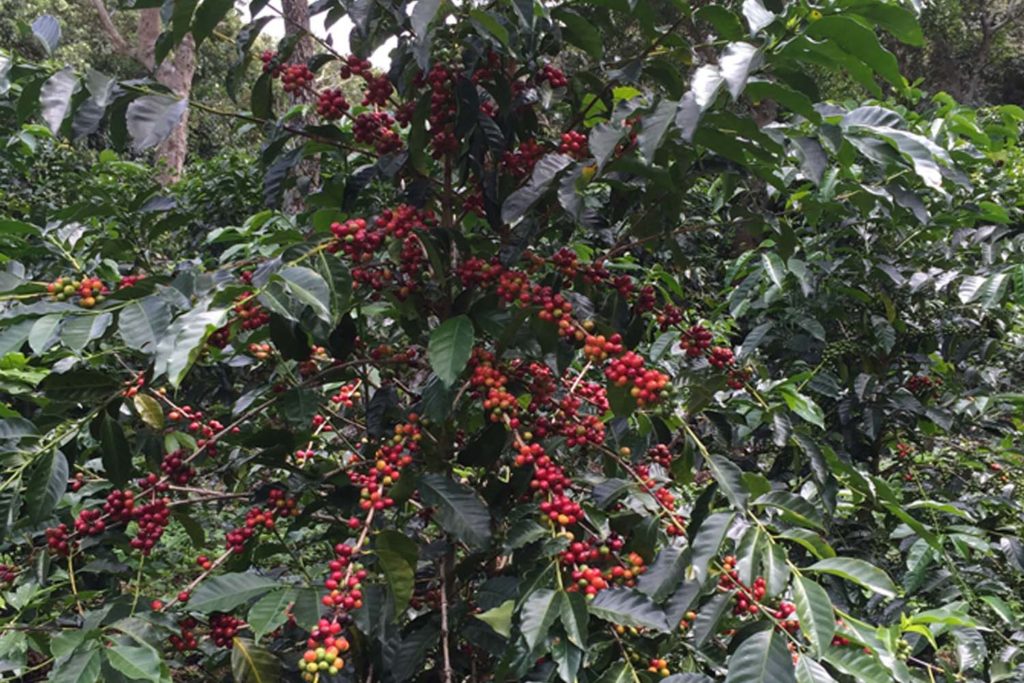
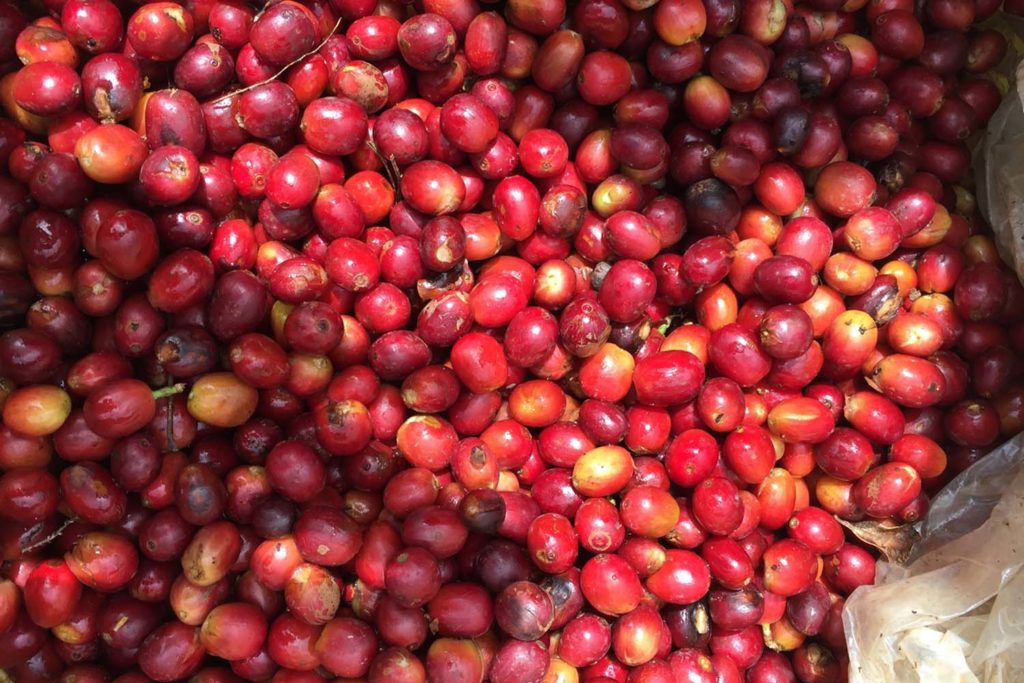
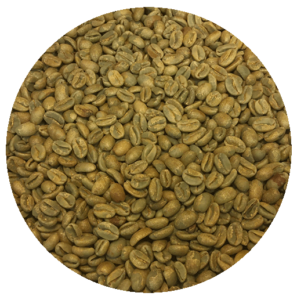
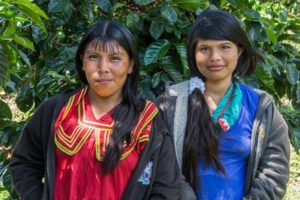
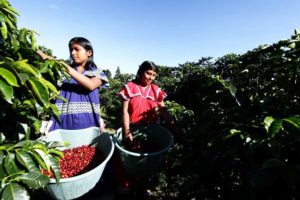
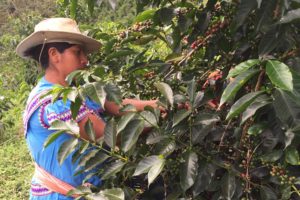
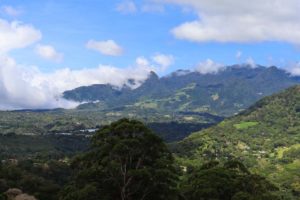
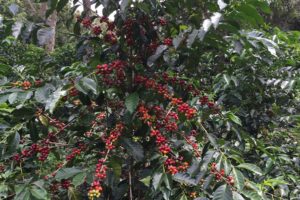
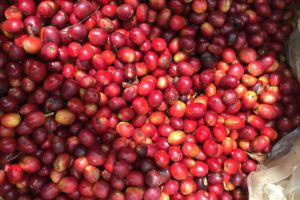

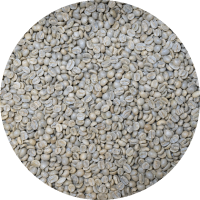



Reviews
There are no reviews yet.